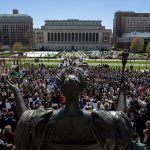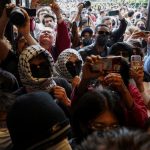The Barstool Philadelphia Incident: A Disturbing Reflection of Rising Extremism on U.S. Campuses
A recent incident at Barstool Philadelphia is a stark example of the growing wave of extremism and antisemitism sweeping across American campuses. A group of students proudly partied while waving a sign that read “F the Jews.” One of them, identified as Mohammed Adnan Khan, was a student at Temple University.

In response to the incident, Asra Nomani, a former Georgetown University professor, posted:
“This isn’t about two 20-somethings acting out in 2025 […] This is about a long war at least 60 years in the making against Jews and Israel.”
This incident, along with countless others like it, has logically led to an undeniable rise in pure antisemitism at the very heart of American universities. What were once places of open dialogue and intellectual exchange are increasingly becoming breeding grounds for hate.
In recent years, elite U.S. universities have become hotbeds for protests, especially around the Isrel-Palestine conflict. Schools like Harvard, Columbia, University of Pennsylvania (UPenn), and New York University (NYU), once known for fostering intellectual debates, are now seen by many as epicenters of political extremism.
How did these prestigious institutions get to this point? And more importantly, why are they tolerating ideologies that many see as justifying violence?
A Shift in Campus Culture
After the horrific Hamas attacks on Israel in October 2023, protests broke out across college campuses. At Harvard, a student-led letter blamed Israel entirely for the violence, causing an uproar among alumni and donors. The letter stated: “The apartheid regime is the only one to blame.” Imagine the kind of educational environment professors are creating on campuses that leads students down this path. What are the lessons, the ideologies, and the frameworks being taught that shape students’ views and actions in such radical directions?
At Columbia, pro-Palestinian protesters set up encampments on campus and staged rallies supporting Hamas’s actions. Some faculty members, like Joseph Massad, have been criticized for their extremists’ views. His controversial statements on the Israel-Palestine issue have definitely contributed to Columbia being viewed as a center for more radical views.
Similarly, at UPenn, the Palestine Writes literary festival held in September 2023 featured speakers accused of antisemitism, and their participation led to a lot of criticism from donors and alumni. Many felt that the university wasn’t doing enough to distance itself from those views.
Similar incidents have been happening repeatedly across American campuses – intense protests, blocking Jewish students from entering buildings, skipping classes, disrupting university life, setting up encampments, and escalating aggression and violence. It’s become an unstoppable wave of radicalism, sweeping through campuses and threatening the very foundation of academic freedom and safety.
So Why Has This Happened?
One big reason is the rise of critical theory and postcolonial studies, which have pushed a worldview where Western institutions – including Israel – are often painted as oppressive colonial powers. This lens has turned the Palestinian cause into not just a human rights issue but an anti-colonial fight, which blurs the lines between legitimate protest and justifying violence. These academic frameworks, which were once limited to a few departments, are now dominant on many campuses, providing a platform for more extreme views.
More importantly, academic freedom has been misused by some professors, who either subtly or openly support extreme views. When university leadership doesn’t step in, or when they claim it’s all part of academic freedom, it signals that these extreme views are acceptable, which only encourages more radical activism. And here we have it: open terror support promoted to students by professors on top American universities.
What’s troubling about these protests is that they don’t just undermine intellectual discourse—they go against American values. Universities in the U.S. are supposed to be places where students can engage in free speech, debate, and study without fear of violence or intimidation. But these protests often cross the line from free expression into disruption.
The situation needs to change. University administrators have a responsibility to maintain an environment of open but responsible discourse. They need to draw a clear line between free speech and hate speech or violence. University leadership needs to put students’ safety first. Universities should introduce strict policies that prohibit the glorification of terrorism and violence but still allow for legitimate protests and political discussions.



